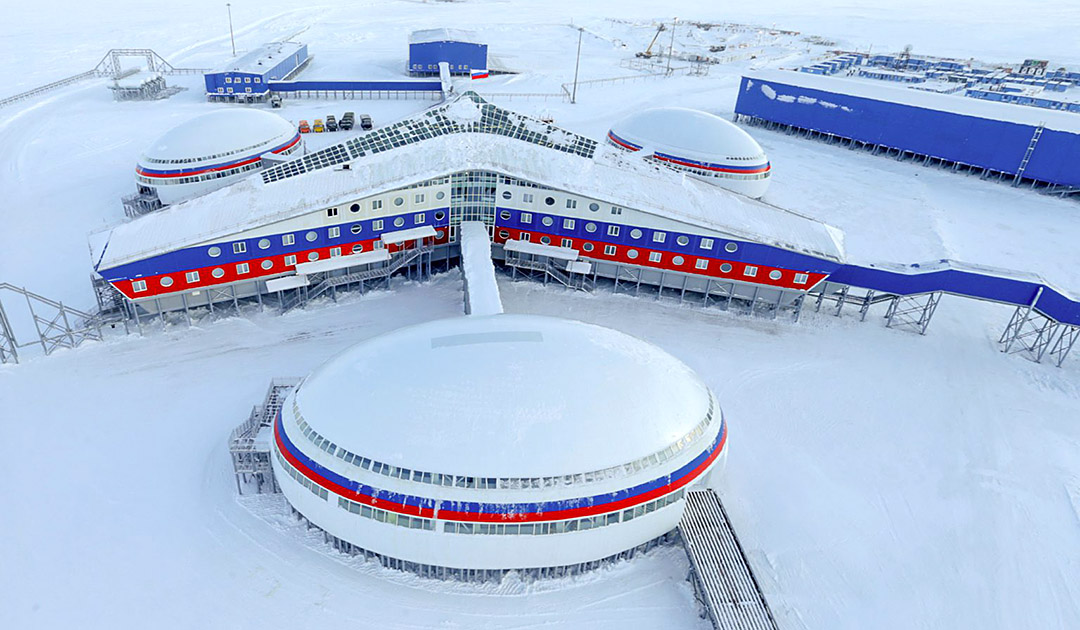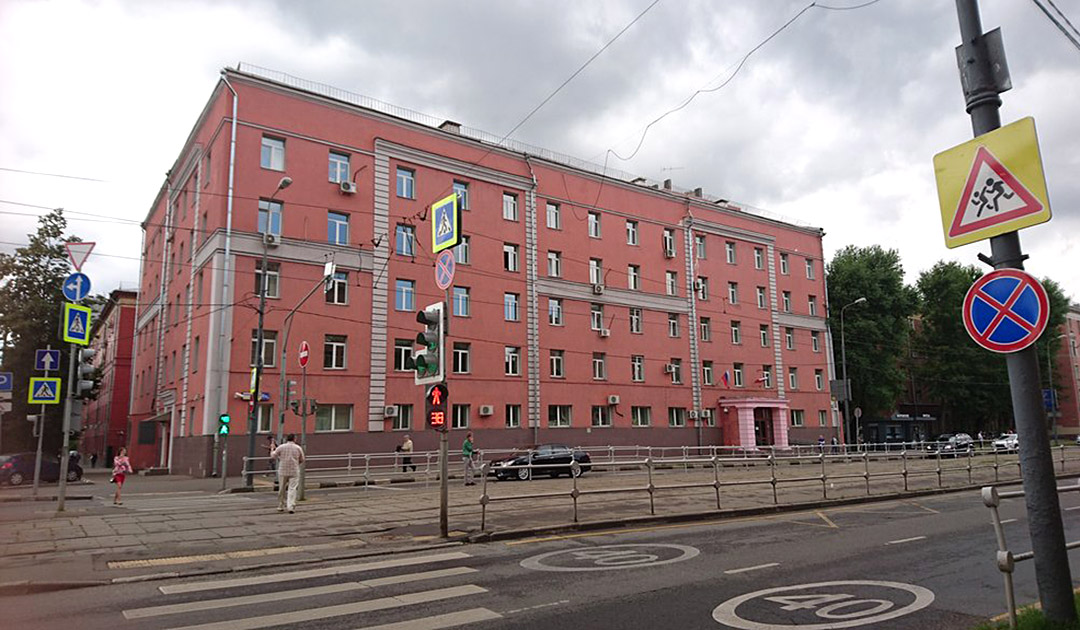
Suspicion of fraudulent conversion of government funds in the expansion of military installations in the Arctic has now been confirmed by a Moscow court. According to the prosecutor’s office, Dmitry Buschmanov and Aleksey Ekkert embezzled 2.9 billion rubles (32 million euros) in connection with the construction of naval base properties on Novaya Zemlya, Wrangel Island and Cape Schmitt. This is reported by some Russian news agencies and newspapers.

The company, which the Russian Defense Ministry has relied on to build military bases and other facilities in the Russian north, is now accused of embezzling nearly three billion rubles of government funds.
In 2014, RusAllianceStroy was commissioned to build strategic facilities in the Arctic for the Ministry of Defense. At that time, the government transferred an advance payment of just over 3 billion rubles to its account for the work. Entrepreneurs were to invest another billion from their own and borrowed funds. Television channels showed comfortable barracks built by RusAlalsstroy for military personnel on Wrangel Island and Cape Schmidt.
In March 2016, however, Bushmanov and Eckert were accused of embezzling the entire advance payment. They were arrested even though, as their advocates indicated, one of the three signed contracts had been fully concluded and the other two allegedly also had reached the customer handover phase.
It is worth noting that the entrepreneurs were initially accused of embezzling 3.2 billion rubles. However, the defendants and their lawyers were able to prove before the Moscow Arbitration Court that the work on the construction on Novaya Zemlya was carried out in accordance with the customer’s agreement. The court then reduced the amount of the alleged fraud by 300 million.

Difficult case
According to Russian news reports, the investigation revealed that the figures were caused by deception and abuse of trust and that the commitments were not fulfilled and the money was thus stolen. It was reported that the suspects for “money laundering” acquired elite properties in Moscow and land worth at least 290 million rubles in various regions of Russia. There were also disagreements with subcontractors, who also had received advance payments, but never completed the work. The fact is that, despite additional funding from the treasury, various installations never have been completed.

In October 2017, the case was brought to court for re-examination of the legal situation by the Public Prosecutor’s Office. On 29 October 2020, three years later, the Cheryomushkinsky court in Moscow announced the verdict for Alexei Eckert and Dmitry Bushmanov. Both received a nine-year prison sentence. They also will have to pay back 3 billion rubles to the state contractor, FSUE “Main Military and Construction Department No14”. The verdict is not yet final and the defence plans to appeal against it.
The company involved in the case, RusAllianceStroy, was founded in Moscow in September 2010, but was declared bankrupt in July 2017.
Heiner Kubny, PolarJournal





